What is Recharging and Tasking Scam: SEC Warns Anew
Beware of the ‘Recharging and Tasking Scam’: SEC warns against fraudulent schemes enticing investments through fake e-commerce platforms, posing as reputable companies.
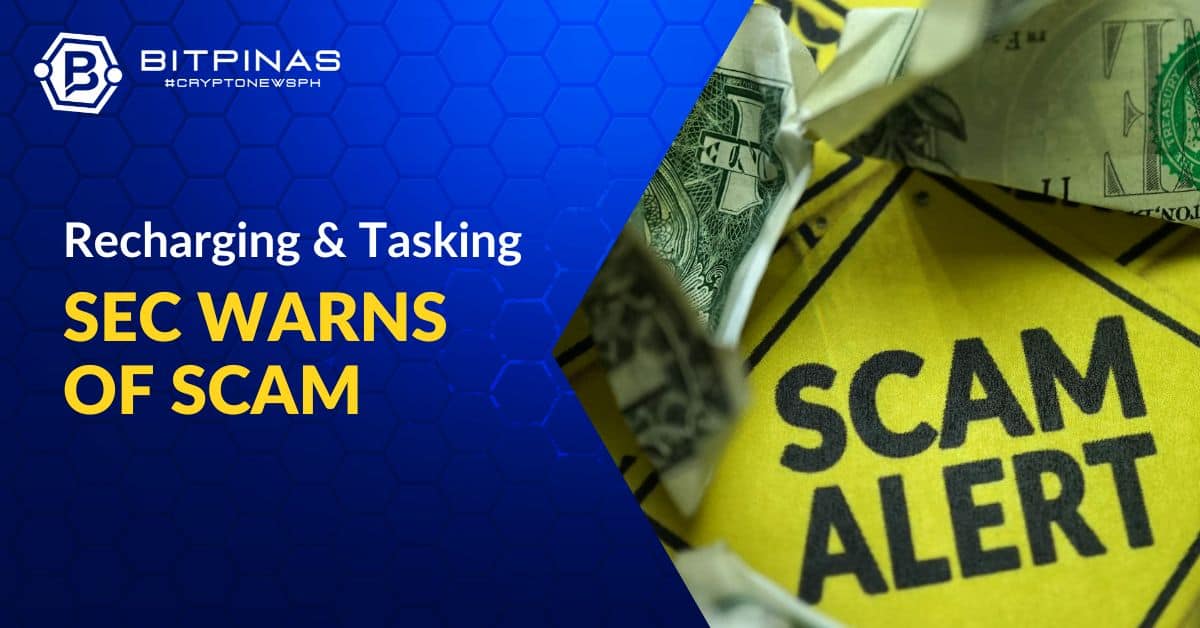
- The Securities and Exchange Commission (SEC) has issued a warning about an emerging scam known as “recharging and tasking scam,” wherein fraudsters use fake e-commerce platforms to entice individuals into investing money with promises of commissions and rewards.
- Scammers mimic connections to reputable companies like Amazon, Shopee, Lazada, and Ebay, using deceptive schemes to encourage people to register and enroll in their platforms.
- Despite promises of commissions and rewards, the scheme closely resembles a Ponzi scheme, where new investors’ funds are used to pay fake profits to earlier investors.
As technology evolves, the ways scammers plot schemes also evolve. This new year, the Securities and Exchange Commission (SEC) has warned the public about a new emerging scam called “recharging and tasking scam.”
Table of Contents
What is Recharging and Tasking Scam?
Recharging and Tasking Scams involve fraudsters enticing people online, claiming to offer online jobs through fake e-commerce platforms.
How does it happen?
Scammers ask individuals to invest money in these schemes, promising commissions and rewards. The scammers often pose as connected to well-known companies:
- Amazon
- Shopee
- Lazada
- Ebay
- Other E-Commerce Platforms
The scheme involves introducing the platform to potential investors, encouraging them to register and enroll through their platforms. Investors can then select packages, levels, or VIP levels ranging from ₱100 to ₱50,000 and make payments or deposits (“recharge”).
Investors stand to earn commissions between 2% and 8%, along with invitation rewards ranging from ₱10,000 to ₱100,000, based on the number of individuals they successfully invite or who enroll in the offered packages, levels, or VIP levels.
However, it’s a deceptive setup, resembling a Ponzi scheme. In simple terms, they use new investors’ money to pay fake profits to earlier investors.
Red flags to watch out for
- Unrealistic Promises
Be cautious if the scheme promises unusually high returns and significant invitation rewards.
- Fake Job Offer
This scams often masquerade as online job opportunities. Verify the legitimacy of the job and the platform offering it, especially if they claim affiliation with well-known companies.
- Investment Requirement
If the scheme requires individuals to invest money upfront, especially through payments or deposits, it raises suspicion. Legitimate job opportunities typically do not demand upfront payments.
- Ponzi Scheme Structure
Ponzi schemes are unsustainable and eventually collapse.
- No Registration or License
Legitimate investment opportunities are usually regulated and registered with relevant authorities.
- Pressure to Recruit
Scammers may pressure individuals to recruit others to join the scheme, emphasizing rewards for bringing in new investors. This recruitment-focused structure is common in pyramid schemes.
- Lack of Transparency
If the details about the investment process, company background, or the people behind the scheme are unclear or undisclosed, exercise caution. Legitimate opportunities are transparent about these aspects.
SEC Reminder
The public is strongly warned not to invest in or continue investing in such scams, as they are fraudulent and unsustainable.
The Commission noted that the sale of securities in the form of investment contracts using a fraudulent and unsustainable Ponzi scheme is not registrable, and the Commission will not issue a license for such activities.
Individuals acting as salesmen, brokers, or agents of these scams may face criminal liability, including fines or imprisonment. The authorities will report all involved individuals to the Bureau of Internal Revenue (BIR) for appropriate penalties and taxes.
First Warning for a Recharging and Tasking Scam
In a January 8 advisory, the SEC cautioned the public about GOSHOP PH, an entity promoting an online platform offering online jobs with promises of high commissions for completing tasks.
The Commission emphasized that the platform, operating at https://goshopph.net, uses a fake certificate of incorporation to appear legitimate. The advisory identifies this scheme as involving the sale of securities through “investment contracts,” requiring proper registration with the SEC.
This article is published on BitPinas: What is Recharging and Tasking Scam: SEC Warns Anew
Disclaimer:
- Before investing in any cryptocurrency, it is essential that you carry out your own due diligence and seek appropriate professional advice about your specific position before making any financial decisions.
- BitPinas provides content for informational purposes only and does not constitute investment advice. Your actions are solely your own responsibility. This website is not responsible for any losses you may incur, nor will it claim attribution for your gains.

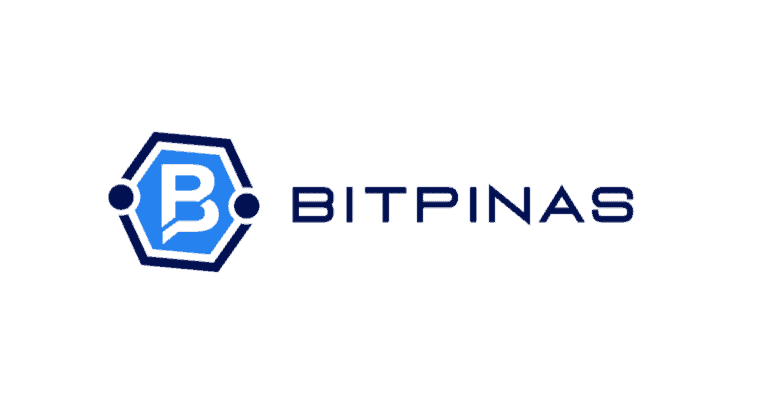
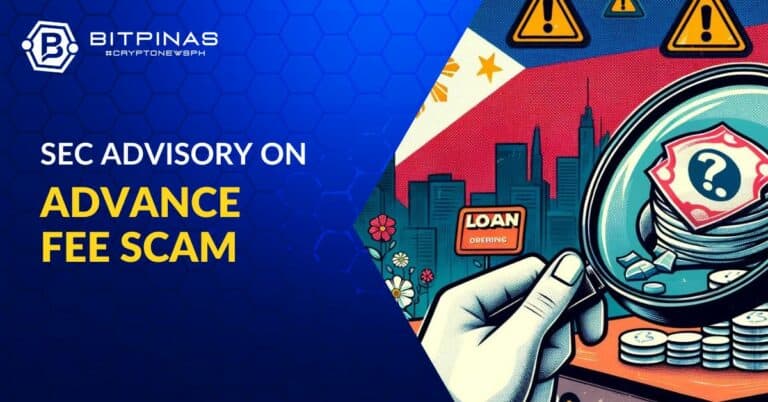
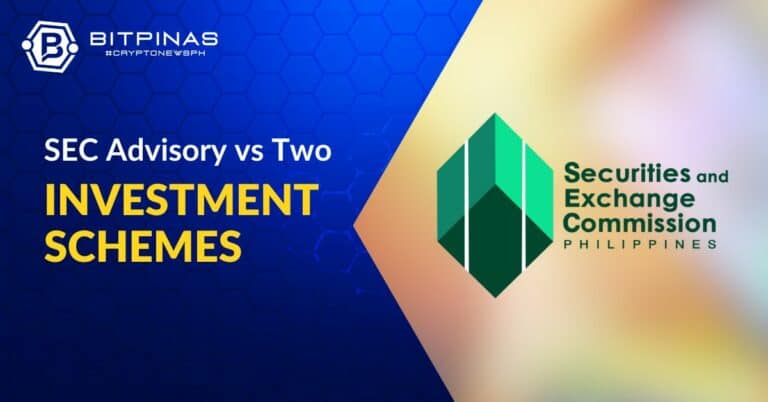
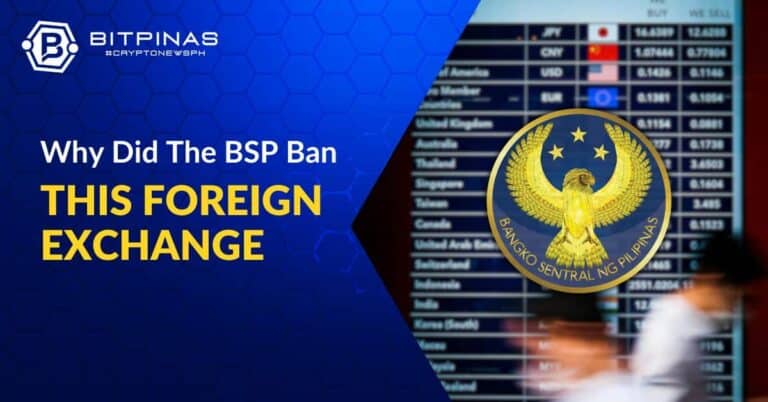

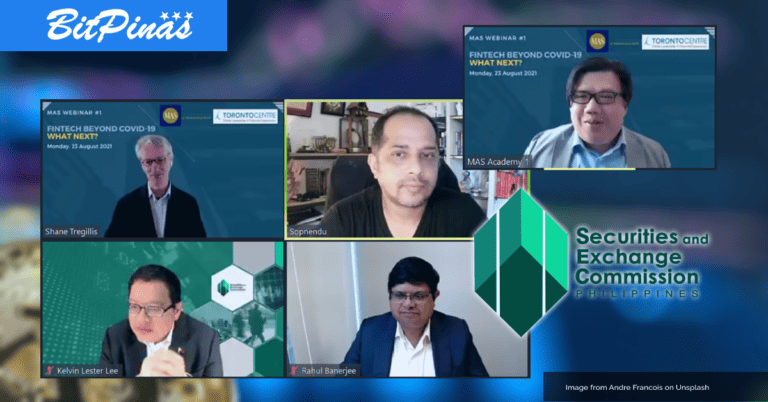



Hi, can I retrieve the money I input to them? I’m one of the victim of this scam
Hello Allan, might be good to ask the SEC about this, their email is epd@sec.gov.ph
Hello. Magkano po inabot ng recharge nyo sa kanila? I’m one of the victim also of this kind of scam.
Hi Mads, di kami biktima nito, ni report lang namin yung sinabi ni SEC. Magkano nakuha sa iyo?